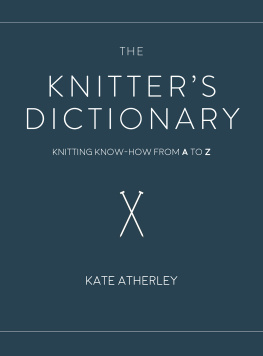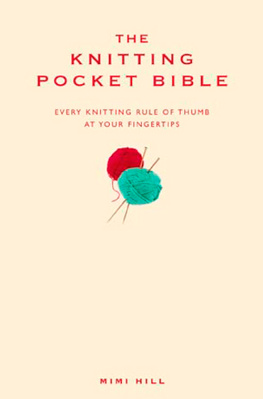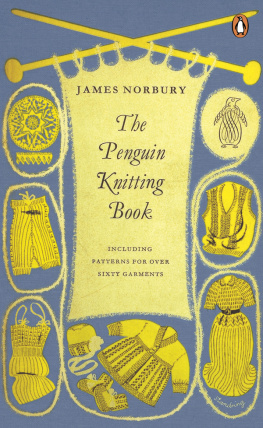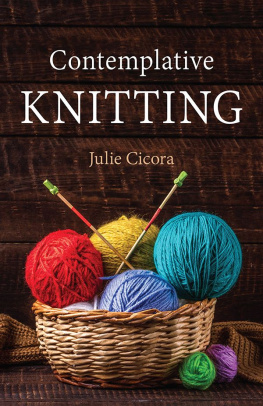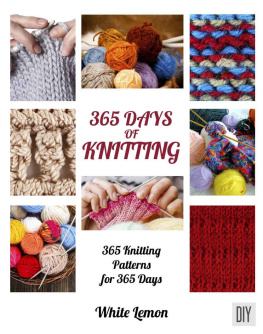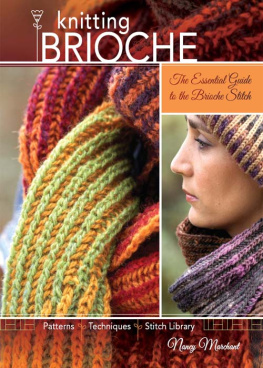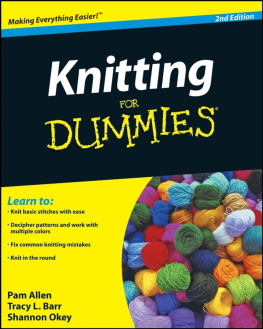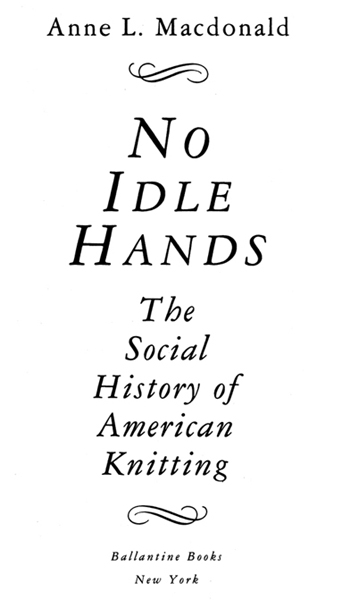Anne Macdonald - No Idle Hands: The Social History of American Knitting
Here you can read online Anne Macdonald - No Idle Hands: The Social History of American Knitting full text of the book (entire story) in english for free. Download pdf and epub, get meaning, cover and reviews about this ebook. City: New York, year: 1990, publisher: Ballantine Books, genre: History. Description of the work, (preface) as well as reviews are available. Best literature library LitArk.com created for fans of good reading and offers a wide selection of genres:
Romance novel
Science fiction
Adventure
Detective
Science
History
Home and family
Prose
Art
Politics
Computer
Non-fiction
Religion
Business
Children
Humor
Choose a favorite category and find really read worthwhile books. Enjoy immersion in the world of imagination, feel the emotions of the characters or learn something new for yourself, make an fascinating discovery.

- Book:No Idle Hands: The Social History of American Knitting
- Author:
- Publisher:Ballantine Books
- Genre:
- Year:1990
- City:New York
- Rating:5 / 5
- Favourites:Add to favourites
- Your mark:
No Idle Hands: The Social History of American Knitting: summary, description and annotation
We offer to read an annotation, description, summary or preface (depends on what the author of the book "No Idle Hands: The Social History of American Knitting" wrote himself). If you haven't found the necessary information about the book — write in the comments, we will try to find it.
An historian and lifelong knitter, Anne Macdonald expertly guides readers on a revealing tour of the history of knitting in America. InNo Idle Hands, Macdonald considers how the necessity--and the pleasure--of knitting has shaped womens lives.
Here is the Colonial woman for whom idleness was a sin, and her Victorian counterpart, who enjoyed the pleasure of knitting while visiting with friends; the war wife eager to provide her man with warmth and comfort, and the modern woman busy creating fashionable handknits for herself and her family. Macdonald examines each phase of American history and gives us a clear and compelling look at life, then and now. And through it all, we see how knitting has played an important part in the way society has viewed women--and how women have viewed themselves.
Assembled from articles in magazines, knitting brochures, newspaper clippings and other primary sources, and featuring reproductions of advertisements, illustrations, and photographs from each period,No Idle Handscapture the texture of womens domestic lives throughout history with great wit and insight.
Colorful and revealing . . . vivid . . . This book will intrigue needlewomen and students of domestic history alike.--The Washington Post Book World
Anne Macdonald: author's other books
Who wrote No Idle Hands: The Social History of American Knitting? Find out the surname, the name of the author of the book and a list of all author's works by series.

